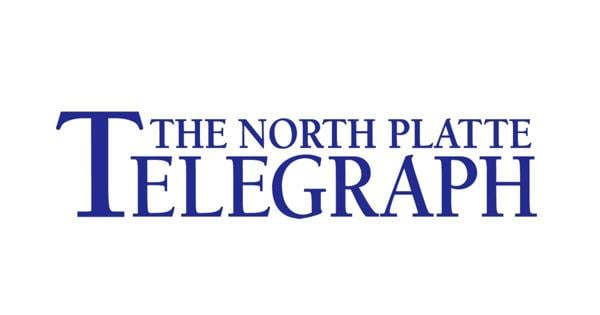San Rafael plan to close its downtown library next month as a $3 million renovation project gets underway. The library at 1100 E St. will shut its doors to the public on Sept.
2 to undergo safety and infrastructure upgrades. The city is leasing a 5,740-square-foot space at 1009 Fourth St. to use as an interim pop-up library at a cost of $5,740 a month during construction.

The pop-up library is expected to open Sept. 16. The project is expected to last six to eight months.
“The downtown Carnegie library is an aging facility,” said Catherine Quffa, the city’s library and recreation director. “This renovation project is focused on much-needed safety and infrastructure upgrades to ensure that the building remains safe and operational.” The downtown library was constructed in 1909 with a grant from Andrew Carnegie, the early 20th-century philanthropist who helped fund libraries across the country.
After several upgrades over the years, the library is about 12,500 square feet. The planned renovations include fixing the roof, upgrading plumbing and electrical systems to meet code, installing a fire alarm system, accessibility improvements, repairing the heating and air system, and some minor related design improvements, Quffa said. The pop-up location will include new and popular items from the downtown library collection, as well as holds for pickup, Quffa said.
A portion of the downtown library collection will not be available during construction, but patrons can still request items from other MARINet libraries for pickup at the site. The project funding includes $2 million in California State Library grants and $1 million in memorial funds donated to the city for library improvements. Contractor bids are due Friday.
Staff expects to bring a contract to the City Council on Sept. 16. The project is separate from a citizens’ initiative to pass a parcel tax that would support the construction of a replacement library and community center at Albert Park on B Street, officials said.
“While this project is critical to ensuring that the building remains safe and operational, it will not address the greater need for additional, modern library space to better serve the needs of San Rafael’s current and future residents,” Quffa said. The initiative seeks an annual parcel tax of 14.5 cents per square foot of “improved building area” and $75 per vacant lot.
The tax is expected to collect $6.37 million annually for 30 years, “or until construction bonds are satisfied,” according to the ballot language. At the proposed tax rate, the city would expect to have the capacity to bond for approximately $88.
2 million to fund the planning and construction, according to staff. The bond amount assumes a 30-year term and a 5% interest rate. The city has not made any commitments to bonding any amount, nor has the city made a decision on the scope or scale of the project.
Those details would be considered following the approval of the measure, should it pass in the November election, city staff said. The initiative would also require the city to prepare a plan for the preservation and reuse of the vacated Carnegie library, said Joe O’Hehir, a board member of the San Rafael Public Library Foundation and chair of the initiative committee. “The Carnegie building is a community asset that we hope will be used for another purpose in the future,” O’Hehir said.
Should the measure pass, the Carnegie library would continue to be used as the city’s downtown resource hub until a new one is constructed, O’Hehir said. “That will take quite a few years of planning, and it will be quite a while before services are moved,” O’Hehir said. “The project that is happening now is to make sure the existing building is safe and useable.
These repairs are long overdue.” The Coalition of Sensible Taxpayers, a watchdog group that was initially critical of the initiative, has taken a neutral stance, said Kingston Cole, a board member of the group. “While we understand the need for a new library and community center, we still believe that so-called citizens’ initiatives are really massive loopholes used by special interest groups to push through their projects without the required level of voter approval,” Cole said.
Measures submitted by citizens’ initiatives can pass with a simple majority vote, as opposed to a two-thirds vote necessary for other taxes. Resident Brad Sears, an opponent of the tax measure, said the Carnegie library is a special place situated in the heart of the community. He said he believes there is no reason it should be relocated.
Sears also said neither the city nor the foundation leading the initiative has pitched any plans for the reuse of the site. “If they had a good plan, they would say it,” Sears said. “Choose beauty.
Keep the library.”.



















